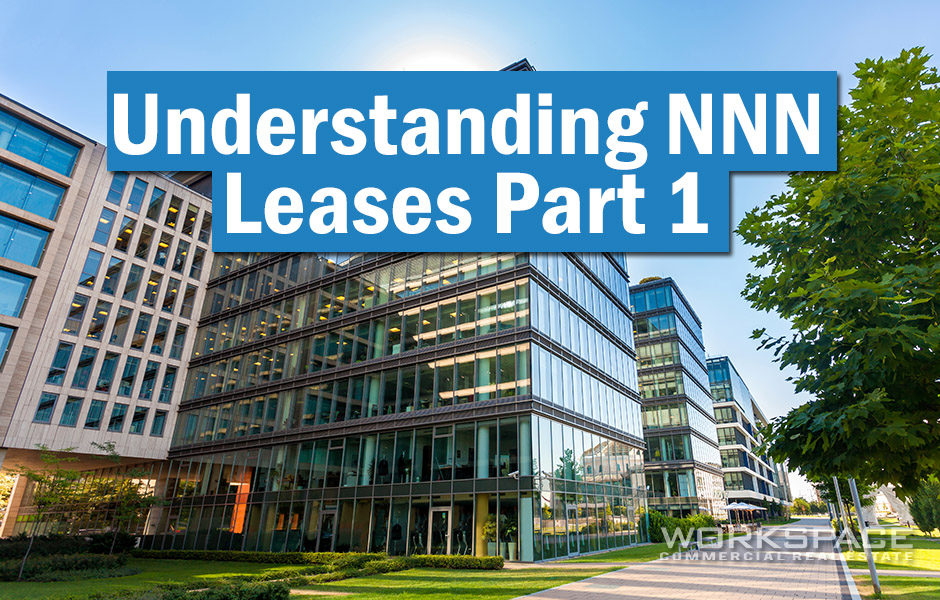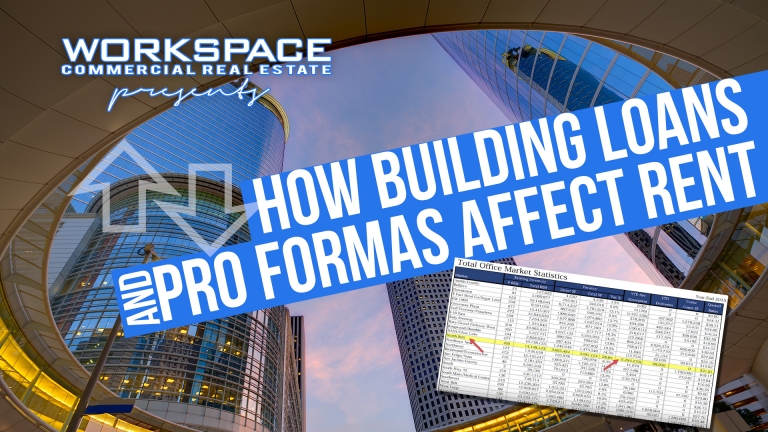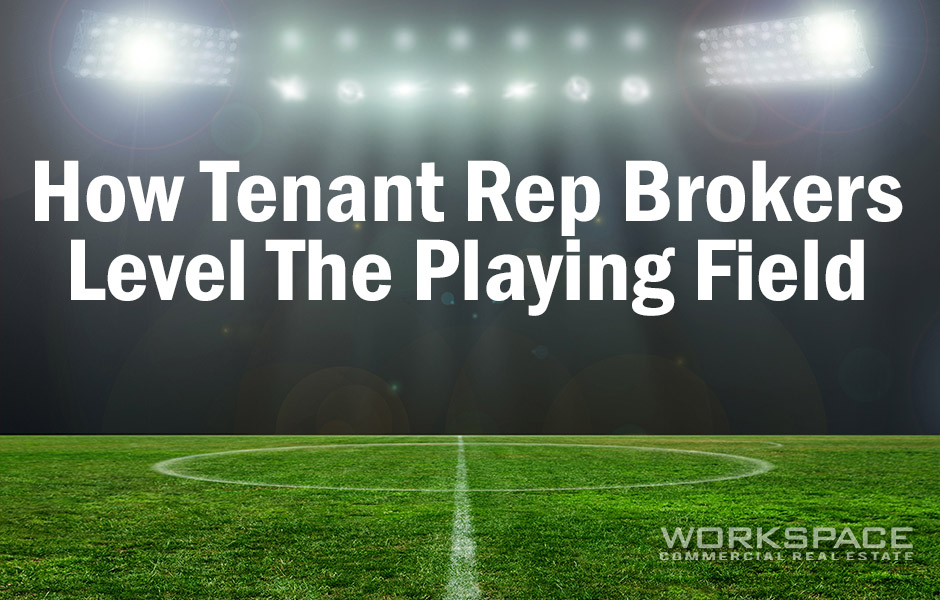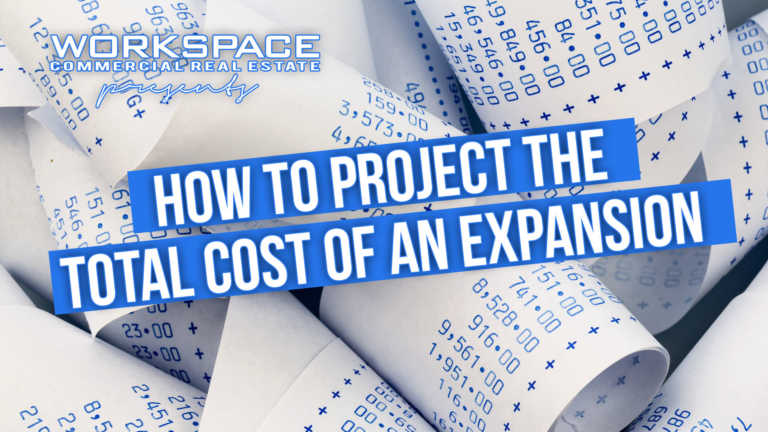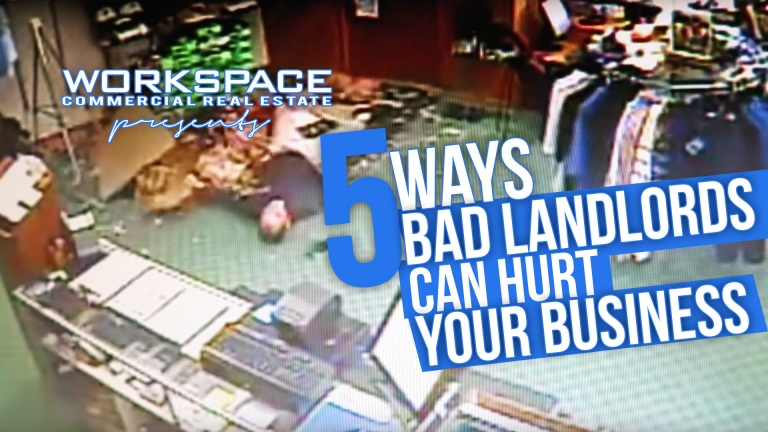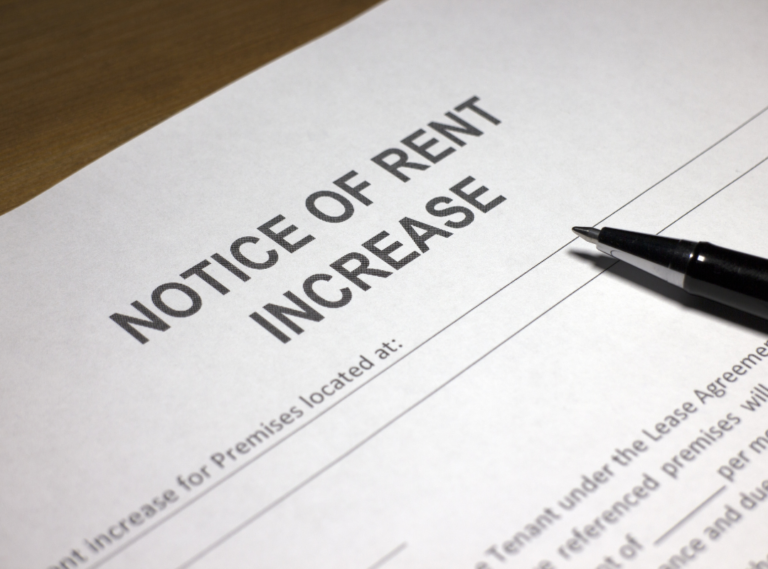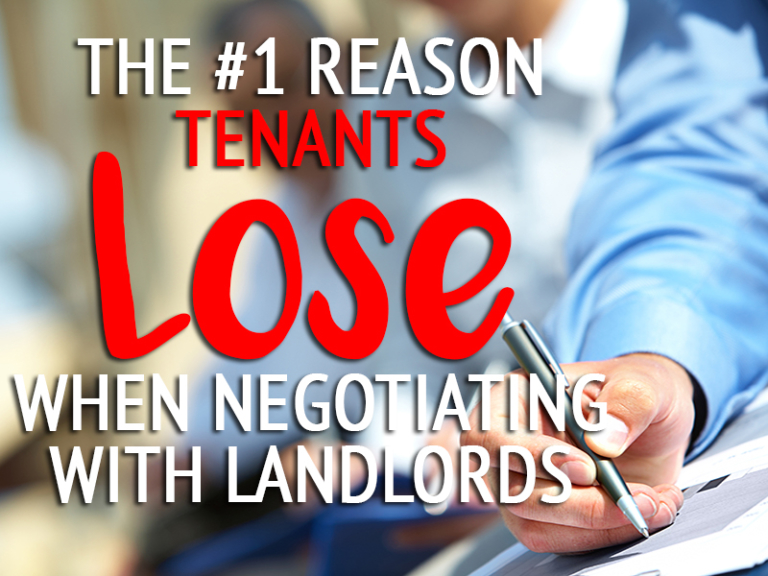Understanding NNN Leases Part 1
What is a NNN Lease?
A triple net lease or Net Net Net Lease is a type of lease where the tenant pays their share of the common area maintenance, taxes, and insurance. A NNN lease passes on the instability or burden of market volatility from the hands of the landlord (as in a full gross lease) to the tenant by making the tenant absorb any increases in Common Area Maintenance, taxes, or insurance. It takes the burden off the landlord and places that burden on the tenant.
How do I calculate my rent with a NNN lease?
The “base rent” for NNN buildings are usually lower than other lease structures because the “burden” is taken out for the tenant to pay separately. The simplest way that I could explain calculating a NNN lease is this: Take your base rent, then add your total NNN expenses and you will have your Gross rent the same as if you were looking at a gross lease. Most tenants get confused when they see a gorgeous property listed for an unbelievable rate only to find out later that the listing did not include the NNN cost.
How does it affect my rent?
This setup designates the lessee (the tenant) as being solely responsible for all of these costs in addition to the “base” rent applied under the lease. A NNN lease can affect your rent in the following ways: If property increases in value (usually after a sale) and the property taxes increase, your NNN cost will increase as well. If the Landlord chooses to hire new property management that is more expensive that will increase your CAM or Common Area Maintenance cost and cause your NNN cost to go up. An even better example of this is if the Landlord chooses to give his building a new roof or re-do the parking lot, you won’t have a say on if or when he does this, but you will be responsible for participating in the project financially! If a major insurer drops out of the local market or if there was a recent flood or hurricane in the area that could cause insurance cost to go up, which in turn will drive your NNN cost up as well. A growing number of investors prefer a NNN lease for this very reason.
Who controls NNN increases?
Now that you know how NNN cost is created, it is important to understand that the landlord is responsible for setting into action virtually all scenarios in which your NNN cost may go up. Let’s break down a few. Common Area maintenance could include: roof, parking lot, trash services, property management, and structural improvements just to name a few. Taxes can be from buying or selling a property; Insurance can be from market changes, natural disasters, owner picking a new policy, etc. Each of these actions the landlord triggers something that cause an increase for you.

